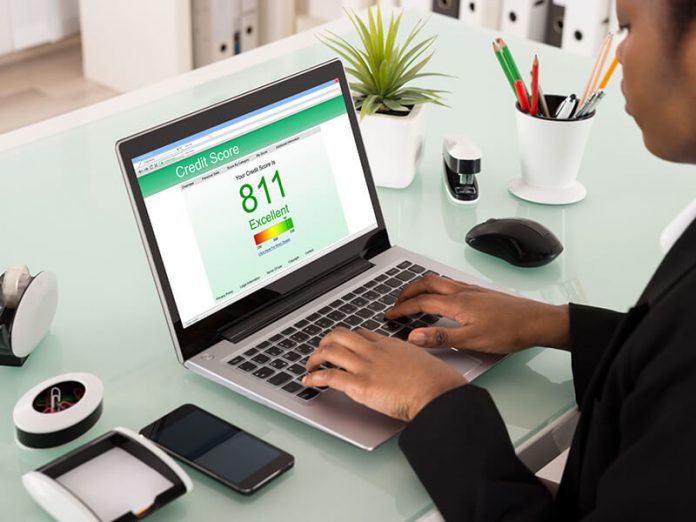Poor credit can make it harder for you to get an apartment, a mortgage, or a credit card. Let alone the trouble; it puts you on the hook for higher rates of interest. Yes, you don’t want to make the credit lines and loans expensive to pay.
You got that right!
One of the essential measures of sound financial health is a credit score. It enables the lenders to have a glance at how responsibly you can use your credit. The sound your score, the better and easier it will be to find new loans. A credit score can open windows of financial opportunities as interest rates.
It’s not long that you discovered a low credit score. And that makes you wonder if you’ll be able to raise a loan or not? Will loans be expensive to repay for you? A difficult to master process!
Well, not so much if you follow these strategies for achieving a better credit score:
-
Pay your Revolving Credit Balances:
Suppose you have more outstanding funds in hand, more than the payment you need to make each month. If this hypothetical example is your reality, go on!
Parting away with your revolving debt impacts your credit score to great extents. Yes, it helps in keeping your credit utilization rate low. Thus, check how fast these can go up. Well, the process depends on the pace at which the individual creditors report the paid balances. The period varies with the demands of the issuer.
The sooner you pay off your balances, the better it will be.
-
Pay off Past Balances:
Studies show that your payment history makes up to around 35% of your credit score. Thus, it becomes essential to turn a keen eye on your credit determinants. The more you lag on your payments, the more likely will it hurt your credit score.
You can save your credit payments when you curb your new credit card spending before they charge off.
The best you can do is pay all your outstanding balances. The lender will update the status of your account as “paid in full” when you Request a Loan from a lender. Doing so will reflect your credit – much better than an unpaid account. Submit your review, the lender then reviews your offer, and voila, you receive your funds.
Isn’t it quite an easy process?
-
Raise your Credit Limits:
Have problems with overspending? Consider this tip!
You can do this process by raising your credit limits on one or more cards. Doing so helps in making your credit utilization ratio low. But again, the process works for you only when you don’t use the available credit.
The technique works the most in case of missed issuer payments or has a low-sloping score.
As long as you’re a great customer with a healthy score, this situation can prove good to try.
Bottom Line
When you wish to raise your credit score, you need to meet two rules.
Always keep your credit card balances low and pay all your bills on time, and in whole, of course. Indulge in these things and toss in one or more of these sneaky ways to give your score a kickstart.
Also, remember to carry an effective balance to establish a good score. Not doing that will expose you to a slippery slope to debt!
Disclaimer: This article contains sponsored marketing content. It is intended for promotional purposes and should not be considered as an endorsement or recommendation by our website. Readers are encouraged to conduct their own research and exercise their own judgment before making any decisions based on the information provided in this article.




































































